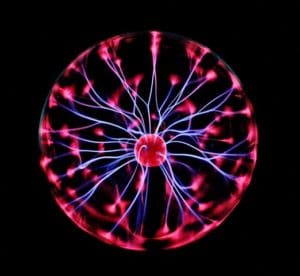
Electrostatic discharge (ESd) materials are plastics that reduce static electricity in order to protect electrostatic-sensitive devices or to contain flammable liquids or gases. These materials are divided into three categories: anti-static, conductive, and static-dissipative materials. ESd materials are classified by how quickly electricity moves through the material, with that speed referred to as the “resistance” of the material. Static-dissipative materials are considered to be the ideal range for ESd materials, allowing an electric change to flow to ground slowly and in a controlled manner.
Conductive materials have a very low electrical resistance, allowing electrons to flow easily across their surface or through the bulk of the material. Electric charges are dispersed quickly, either to ground or to another conductive material in contact with the object. Because of this ability to move energy easily and quickly, conductive materials are typically used to make grounding materials. When people think of conductive materials they generally picture metal, as it is the most famous ESD conductor. Since plastic is naturally insulative (has a high electrical resistance making it difficult to ground), it must have filler added – typically carbon – to provide a path for the charge to bleed off.
Static-dissipative materials, on the other hand, allow electric charges to flow more slowly through the material for greater control. These materials are typically used to prevent discharge to and from human contact. The body is a high conductor of energy and can easily create a static spark. A plastic static-dissipative material causes that spark to flow slower, emitting a lower energy to the ground to prevent discharge and possible damage to any sensitive items. This makes them the ideal ESd material for objects that experience frequent human contact.
We offer a wide range of static-dissipative materials, including:
If you have a project that requires static-dissipative materials, high-end machining, and tight tolerances, call Reading Plastic today at (610)-926-3245 or email site2@readingplastic.com. With our decades of experience in precision specialty plastic machining we can help you choose the right plastic for your project and deliver the high-performance parts you need.